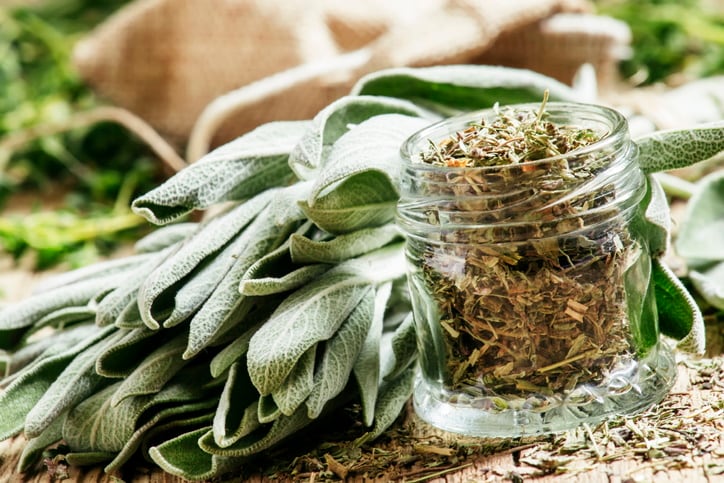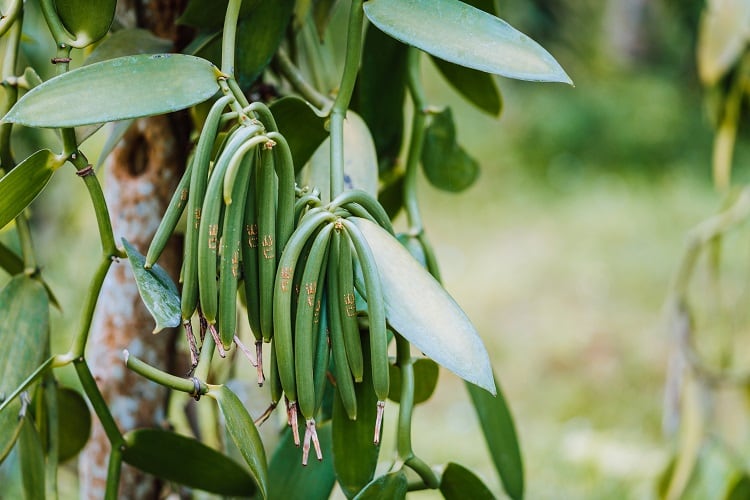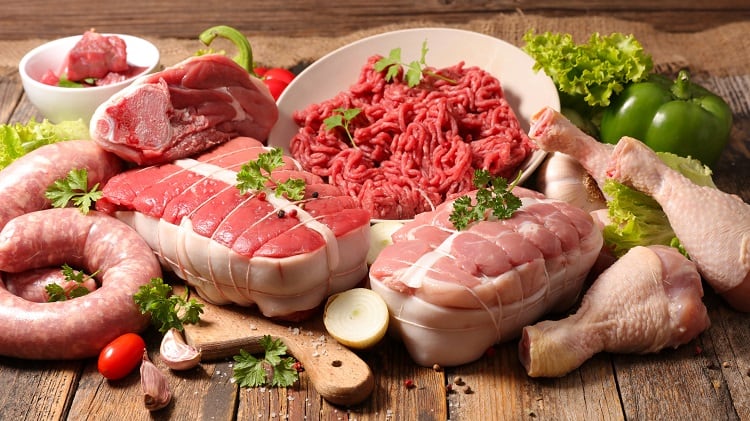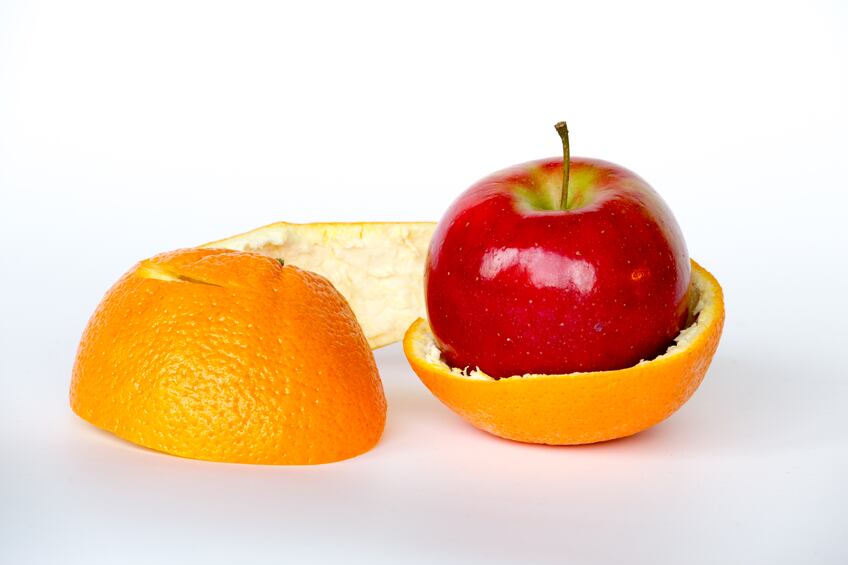The investigation was led by Professor Chris Elliott and carried out by researchers at the Institute for Global Food Security (IGFS) at Queen’s University, Belfast.
A total of 19 samples of sage were examined between August and September 2020. The samples were purchased from major online retailers and large UK supermarkets as well as independent shops such as ethnic grocery stores.
The researchers used a ‘tailored blend’ of spectroscopy and chemometric modelling to identify a food ‘fingerprint’. This ISO-accredited approach was developed by Professor Elliott and his team at the ASSET Technology Centre at IGFS in Belfast. The analyses were carried out by Bia Analytical Ltd, a recent spinout company from IGFS at Queen’s specialising in the authenticity testing of foodstuffs.
“Testing has shown that just over 25% of all sage samples analysed were heavily adulterated,” Professor Elliott detailed.
None of the brands sold by the UK’s big supermarket chains were found to be fraudulent. However, some sage sold through the e-commerce and independent channels was bulked out with other tree leaves, such as olive leaves.
“All of the sage samples that were found to be adulterated were purchased from small, independent retail chains or from global online retailers and none was from the UK supermarket chains sampled,” Professor Elliott confirmed.
The researchers said the levels of adulteration detected are not believed to be harmful, but stressed that food fraud ‘always carries the potential’ for food safety and public health hazards.
Herbs: A tasty target for fraudsters?
This 2020 study builds on previous work undertaken by IGFS, which discovered in 2015 that around one-in-four samples of dried oregano in the UK contained ingredients other than the herb on the label.
IGFS said that its 2015 discovery caused ‘shockwaves’ through the herb and spice industry, with the findings followed up by a number of international food standards regulators worldwide. This effort resulted in at least one prosecution.
“I am sad to confirm that once again we have identified a major problem linked to the supply chains associated with supplies of herbs and spices to the UK consumer. The potential to cheat in these supply chains has been recognised as a global issue,” Professor Elliott noted.
The weakness of complex international herb supply chains and the concerns raised by IGFS’s research have been confirmed in other independent studies. Most recently, in 2019, Romanian researchers used DNA testing to analyse the authenticity of almost 6,000 products across 37 countries. Almost one-third of items tested were found to contain ingredients other than those labelled.
This research was led by Dr Mihael Cristin Ichim of the Romanian National Institute of Research and Development for Biological Sciences. Like Professor Elliott, Dr Cristin stressed that the adulteration of herbal products is a significant global problem, with more expensive herbs being cut with cheap filler ingredients to deliver higher profits to unscrupulous traders.
“Our results confirm the large-scale presence of adulterated herbal products throughout the global market. The adulterated herbal products contain undeclared contaminants, substitutes, and filler species,” Dr Ichim told us. This may be the result of ‘economically-motivated and fraudulent’ activity, he suggested at the time.
Some 'good news': Oregano fraud cut
Alongside examining the authenticity of sage, the IGFS's 2020 investigation revisited the issue of oregano adulteration. Here, Professor Elliott said, some 'good news' was to be found.
Oregano adulteration would appear to have reduced 'significantly' since 2015, the study revealed. A total of 20 oregano samples were tested this summer and the survey found only one instance of oregano adulteration – a fivefold drop over the five year period.
“I am pleased to advise that after the shockwaves caused by our original oregano study in 2015, in our new survey only one incidence of adulteration of Oregano was found. This clearly shows that when supply chains are checked it reduces the incidence of fraud substantially,” Professor Elliott suggested.
IGFS has shared the results of this latest study for potential follow-up with the Food Industry Intelligence Network, the National Food Crime Unit and the Scottish Food Crime and Incidents Unit.




